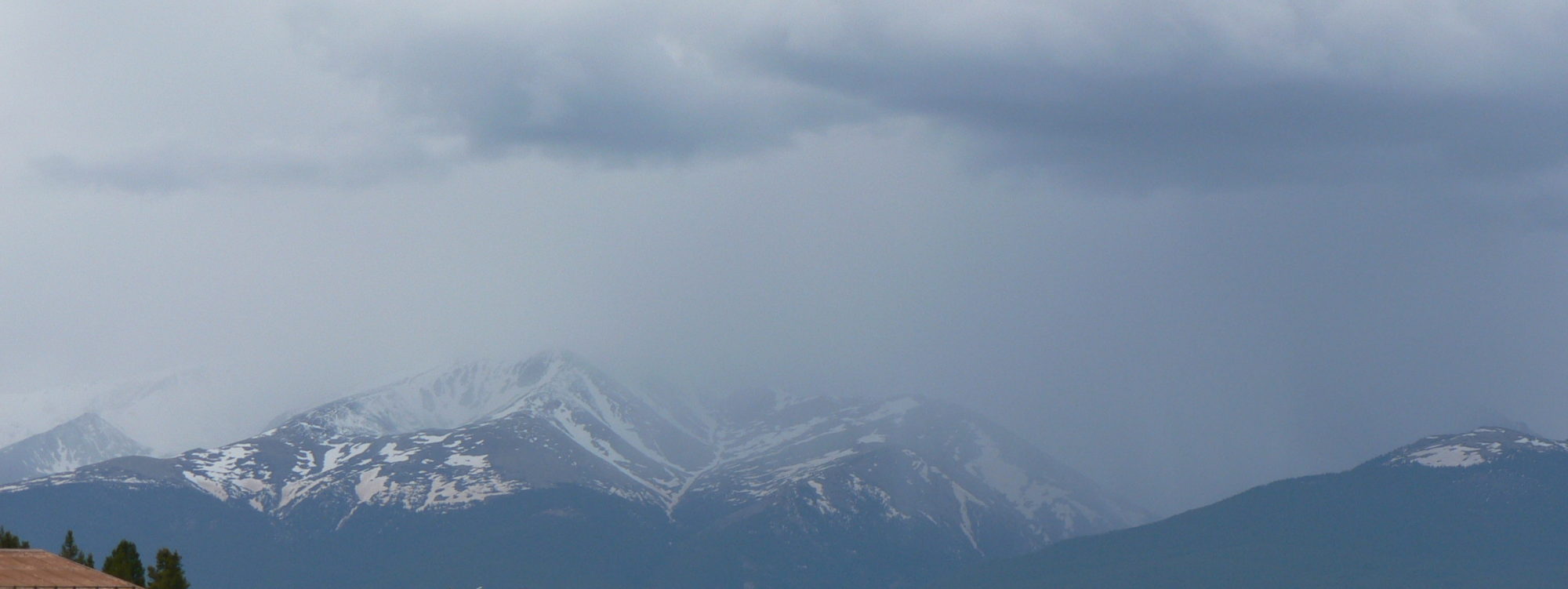I was in a sports bar the other day after attending the theater (yes, we are probably the only people who go from theater to sports bar). All the screens were on, blaring. Hockey. College baseball. Commentary. Advertisements for high speed internet. Trivia. Music playing as well, independent of the things on the screens surrounding us.
I munched on a hot wing with a generous dollop of ranch and wondered who the hell could get anything done in a world like this. Slick content, ready and available in seventeen flavors. Infinite choices. Sometimes I wonder if the purpose of time is to keep everything from happening at once, whether the purpose of high speed internet and cable is to defeat time and make everything happen at once.
Here’s how this can screw writing.
One, we click on a link or a button and content pops up immediately without any apparent effort on the part of the creator. Sure, we understand with our heads that someone (probably) worked on this. But we didn’t see it. A hundred, two hundred years ago, there was a better understanding of the work that went into a finished product. You could see someone spinning carded wool into yarn. Beeswax became candles once you melted it down and removed the dead bees who had made the wax, just for starters.
Point two. I think sometimes the subconscious belief is that the work that went into a story doesn’t exist. We click. It pops. Easy. The work process is veiled. It’s like a cat hiding – if it can’t see you, you aren’t there. If you don’t see the work, it isn’t there. Subconscious, you tricky beast.
Point three. Because we don’t see the work that others have put into their writing and the inference might be that it isn’t there (or at least, it isn’t obvious), we don’t really expect to work either. This can sidewinder into related problems, which include expecting your story to sort of write itself somehow – and then being hard on yourself when your story doesn’t write itself, or starting to do the work and being intimidated by it. Something along the lines of “If I have to work this hard at it, it must mean it’s no good and I am no good.”.
This is not true.
But it feels true sometimes – and judging from blogs and comments and tweets and conversation with Actual Authors, I don’t think I’m alone here.
Remember that making stories is work. It should be work. Fun work, satisfying work, frustrating work, absorbing work, but work. You start with raw materials – an image, a thought, a line or two – and you nurture that into something more and more until you have a story. A novel, a piece of flash fiction, a poem, whatever it is that you write.
And then you work. Give yourself permission to work. And remember that you have to be working to make mistakes.
